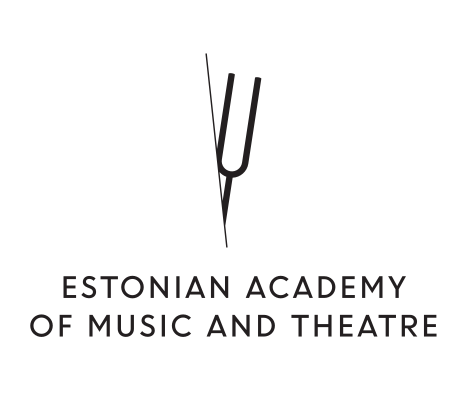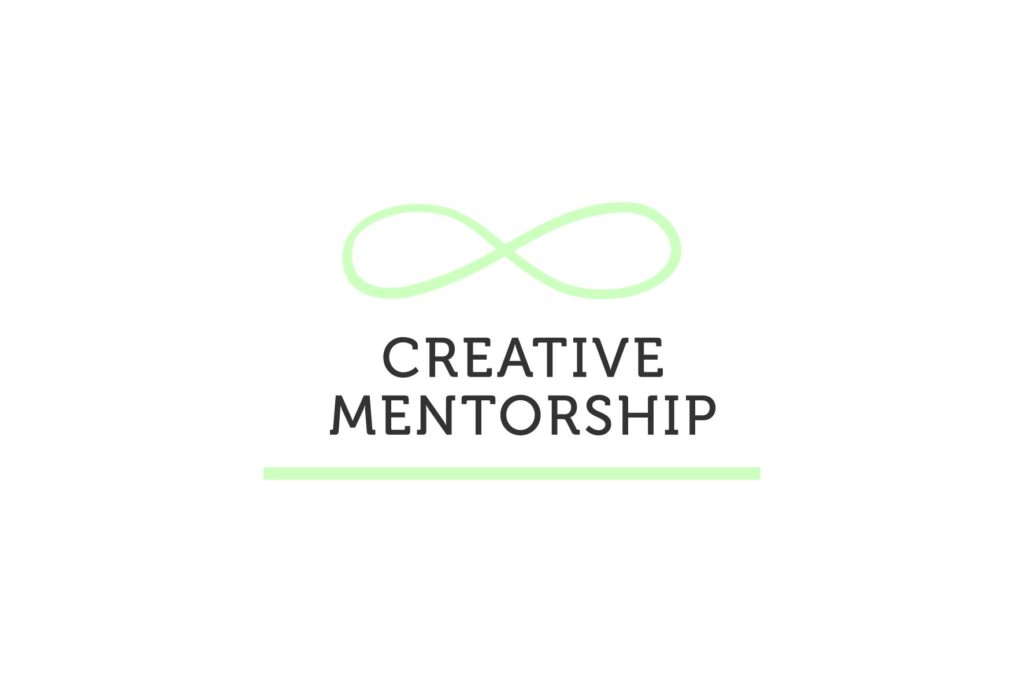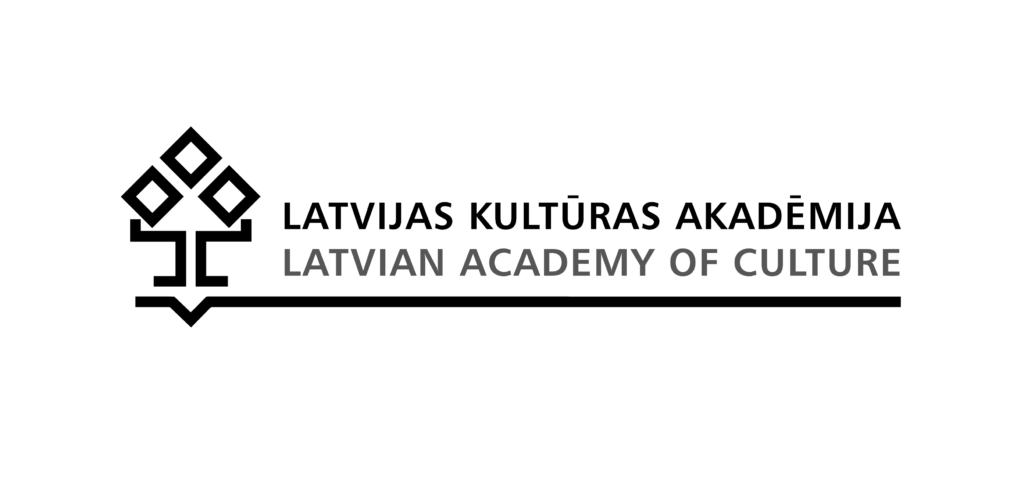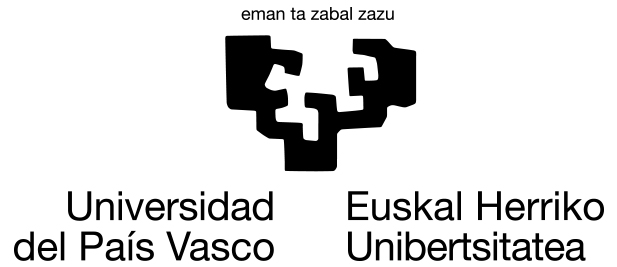Reinventing Mentoring in Arts Management
|
Reinventing Mentoring in Arts Management (REMAM) is the Erasmus+ strategic partnership project that aims to co-create a new comprehensive understanding of cultural management mentorship as a framework for professional life-long learning as well as part of academic education. Its focus is on establishing and maintaining a sustainable interaction between students, potential employers and field practitioners, simultaneously renewing the understanding of mentoring and creating a novel way for “mentorage” that allows co-creation of knowledge.
The aim of the project is to create a learning model that allows both development of analytical and academic competences; to capture the current field of practices, tools and influence agencies responsible for occupational profiling and to highlight the importance of a mentor as occupation and further advocate for its definition in other countries. From one side, the project attempts to map the needs of practitioners, who can share their knowledge, and from the other side, the needs of students, whose task is to master the skills of current practices by gaining support for their career building at home as well as for the global international labour market.
The participants of the activities are cultural management students (≈50) and established practitioners such as leaders of arts organisations and cultural projects (≈70) from all over Europe, who are or will become mentors and internship partners for students. New knowledge and skills are provided also for teachers and trainers (≈20) of the field, arts management curricula leaders and managers (≈10), and national agencies responsible for quality in HEI as well as occupational profiling.
Based on the pre-project analysis, workshops in all participating countries with involvement of students and practitioners will be held to co-create and apprehend the specifics of cultural setting in addition to a more universal learning model development. A number of focus group interviews with practitioners, educators, leaders and national agencies for education will be conducted in order not only to establish the professional profile of mentor and make it internationally visible and thus facilitate transferability of workforce across Europe.
The main outcomes of the project are:
1) mentoring model that enables both career building support and development of practical knowledge and skills for students as well as allows lifelong learning for practitioners through mutually befitting interactions.
2) Interactive PC/mobile app guiding and informing stakeholder interested in becoming mentors that will also serve as matching platform between mentors and mentees.
3) Policy informing paper putting together suggestion for formulating professional standard and occupational profile of Mentor in CCI to be further disseminated across member states.
The projects outcomes will be integrated to the curriculum of participating HEI’s. In addition, the model and app will be made available in European context through networks and open sharing platforms and other networks. Moreover, the results and of policy papers will be presented in academic journal and conferences for wider audiences.
General information
PROGRAMME: ERASMUS+ strategic partnerships (grant agreement No 2020-KA203-04)
PROJECT NUMBER: 2020-1-EE01-KA203-078003
DURATION: September 2020 – August 2023
PROJECT COORDINATORS at the LAC: Vita Dumpe, vita.dumpe@lka.edu.lv
Partners
Project leader: Estonian Academy of Music and Theater
Partners: Creative Mentorship (Serbia), Noorsooteater / Estonian Theatre for Young Audiences, Universiteit Antwerpen (Belgium), The University of the Basque Country (Spain)
 |  |  |
 |  |  |
Results
The book Perspectives on Mentorship – Reinventing Mentoring in Arts and Creative Industries Management offers a holistic view with multiple perspectives to the topic of mentorship in arts and cultural context. It can be used as a course book for mentorship programmes, providing further knowledge for anyone working in mentorship or planning to build a mentorship programme in the context of arts management education within art or cultural institutions. It provides a unique exploration of this subject by presenting different perspectives, raising thought provoking questions, and examining ways to manage a mentoring programme. It is important to remember that mentoring does not happen by itself, and that it requires management and intervention in order to be sustainable. University students interested in arts management will find the book invaluable in obtaining a better understanding of how mentoring could be approached and help them in the development of their professional identity. It does not present one universal truth or method, but instead is about sharing experiences. From the academic perspective, the book encourages readers to approach mentoring with an open mind, offering tools to reflect on the process of building programmes around the core of mentoring – a dynamic human relationship which affects the identity of both parties – and then to build on the different layers around that foundation. The book seeks to provide insights into the different layers that are created during the mentoring process. It poses a variety of questions that can apply to specific programmes and helps readers understand how to effectively manage and sustain mentorship relationships.
| ||
Reinventing Mentoring in Arts Management Policy Paper is targeted to policy makers offering a wide overview on the key issues related to mentorship within art and cultural fields. It is a useful tool for anyone making or adapting to policies on mentoring in EU. The paper presents research into the co-creation of a new comprehensive understanding of cultural management mentorship as a framework for professional life-long learning with a focus on establishing and maintaining a sustainable interaction between students, potential employers, and field practitioners, simultaneously renewing the understanding of mentoring and creating a novel way for “mentorage” that allows the co-creation of knowledge. This policy paper focuses on four issues of value for policymakers: 1. Value Co-creation and Knowledge Sharing |
REMAM interactive toolkit is a fast lane to anyone interested in mentorship within art and cultural fields, whether as a mentee, mentor or managing mentorship program. It consists of a variety of key insights, tools and advice in a concise manner easy to use by anyone in any role in mentorship context.
The extended and elaborated set of interactive mentoring tools is created to spark creativity and ease communication in the mentoring relationship and developed to be used by mentees and mentors, as well as coordinators of mentoring programmes. Each tool starts with an explanation of the context in which it could be used, as well as the goal that one could achieve by using it. Step-by-step instructions explain the mentoring process techniques by which one can select the activities by the role (mentee, mentor or coodinator) or by the state of process (start, during or end).
The tool set includes also separate printable (pdf) templates for mentees, mentors and programme coordinators that are the essence of each tool. They are designed to provide guidance and inspiration, to be a starting point for discussions, and to support the mentoring process. Therefore, the most important part of the tools is the way in which you will use them and the content that you will create by using them.
 |

